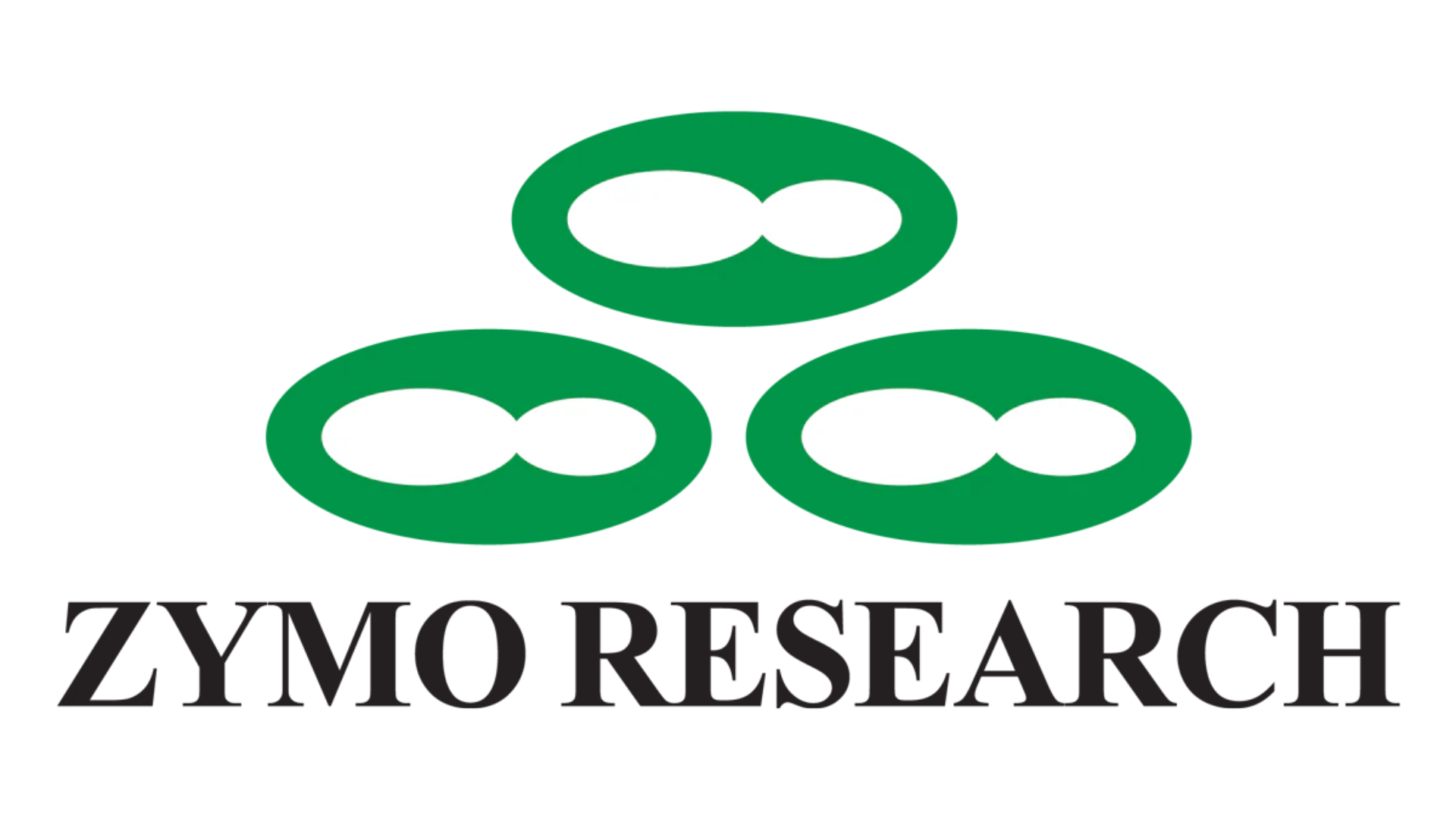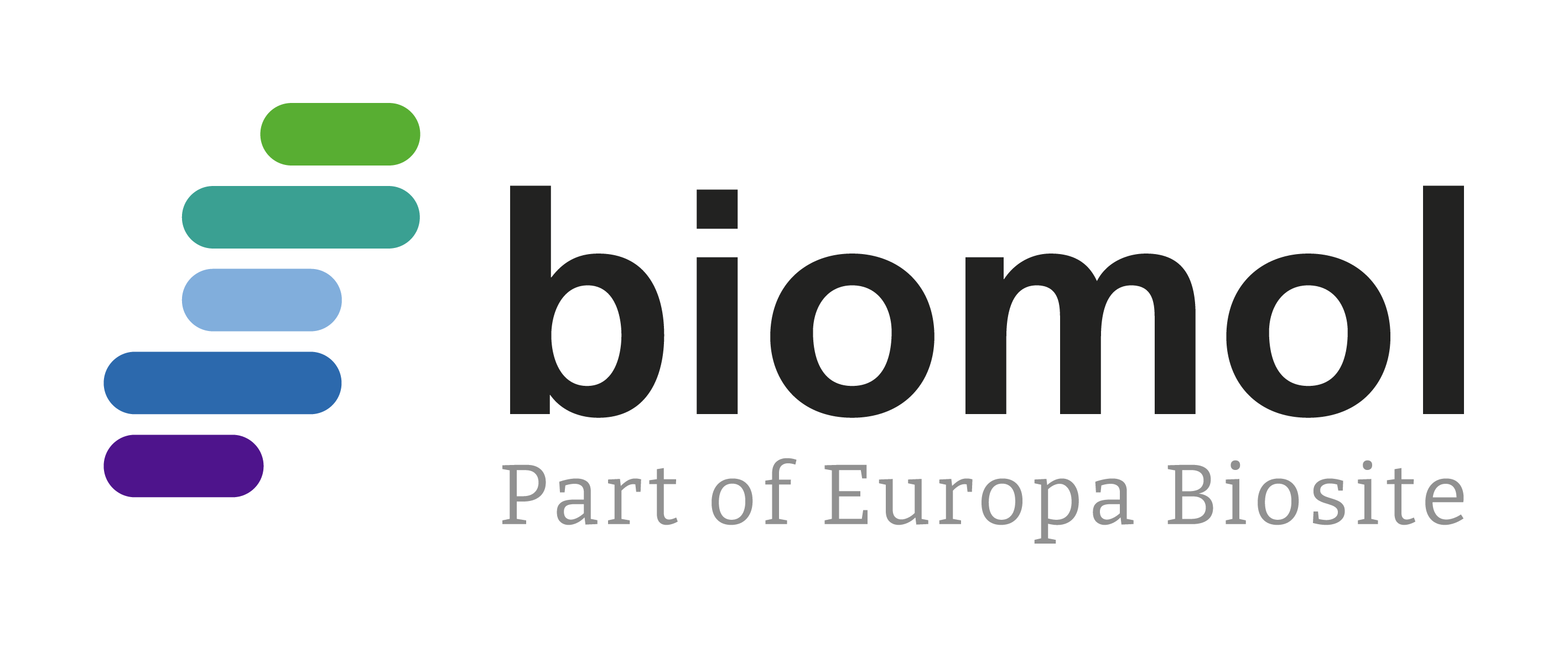Information on Workshops
Wir freuen uns sehr, euch im Januar die diesjährigen Workshops zu unserem Student Symposium on Molecular Medicine vorzustellen, die am Freitag, den 03. Mai stattfinden!
Da es nicht für jeden angemeldeten einen Workshop Platz geben wird, verteilen wir die Plätze nach Losverfahren an alle, die sich bis dahin für Workshops angemeldet haben. Ihr bekommt maximal einen Platz. Ihr werdet per Mail kontaktiert, ob und welchen Platz ihr bekommen habt.
-----------------------------------------------------------------------------------
We are very excited to introduce this year's workshops for our Student Symposium on Molecular Medicine in january taking place at the 3rd of May!
Since there won't be a workshop spot for everyone who registers, we will distribute spots by random drawing to everyone who has registered for workshops by then. You will get a maximum of one place. You will be contacted by mail if and which workshop you got.





